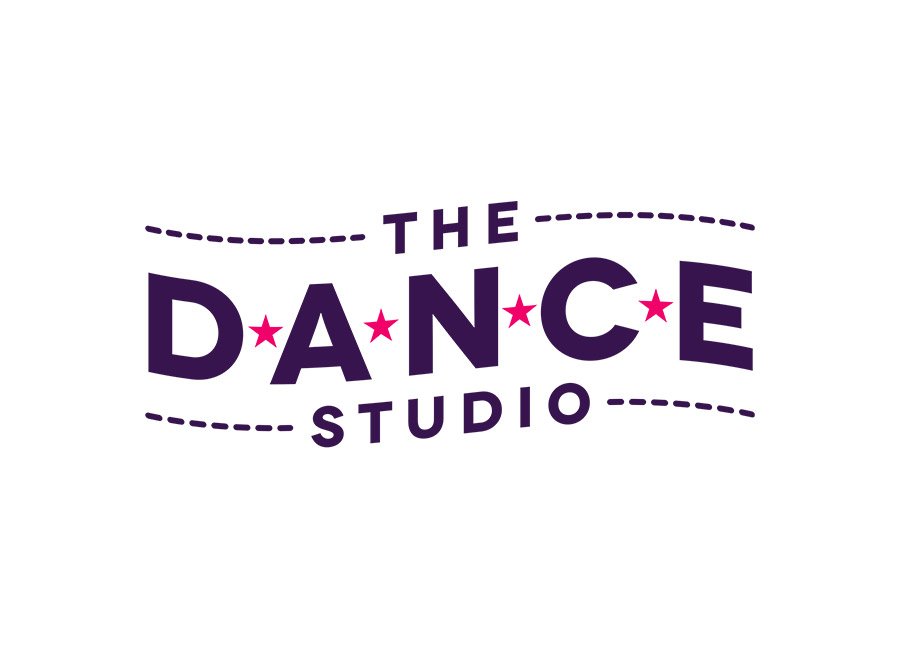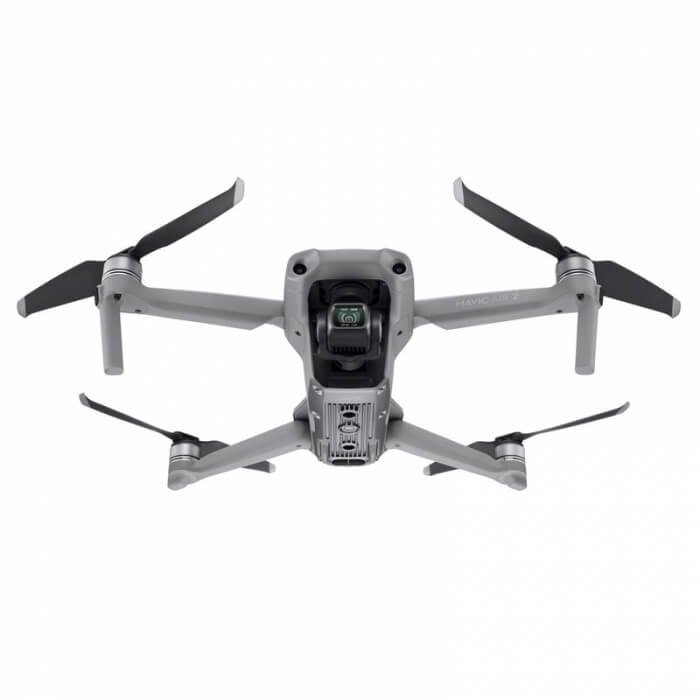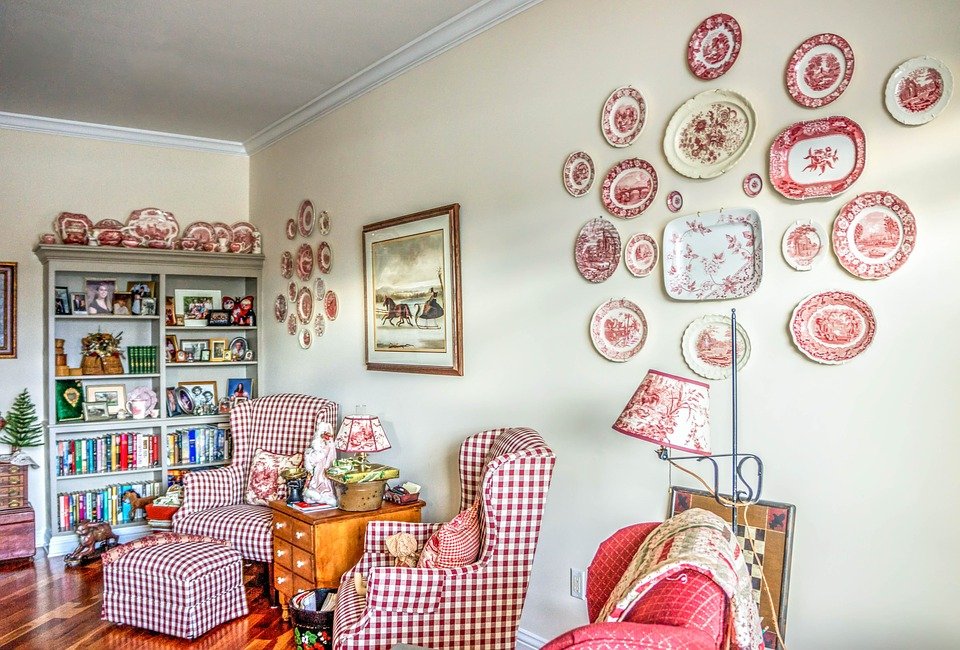Are you ready to embark on thrilling outdoor adventures? If so, owning a camper is the key to unlocking endless possibilities! In this comprehensive guide, we will walk you through the process of buying a camper in simple and easy-to-understand language. Whether you’re a seasoned camper or new to the world of outdoor exploration, we’ve got you covered. Let’s dive in and find your dream camper!
- Understanding Campers: Before diving into the buying process, let’s familiarize ourselves with what campers are. Campers, also known as recreational vehicles (RVs), are mobile living spaces designed to provide shelter, comfort, and convenience while traveling or camping. They come in various sizes and styles, ranging from compact trailers to spacious motorhomes.
- Determining Your Needs: The first step in buying a camper is to assess your specific needs and preferences. Consider factors such as the number of people it should accommodate, desired amenities, budget, and intended use (weekend getaways or long-term travel). This initial evaluation will help you narrow down your options and make an informed decision.
- Types of Campers: There are several types of campers available in the market, each with its unique features and benefits. Let’s explore some popular types:
a. Travel Trailers: These campers are towed by a separate vehicle and come in various sizes. They offer the flexibility to detach the trailer and use the vehicle for independent exploration.
b. Fifth Wheels: Similar to travel trailers, fifth wheels are towed by a pickup truck with a specialized hitch. They provide additional living space and stability.
c. Motorhomes: These self-contained campers have an integrated driving compartment, offering the convenience of an all-in-one vehicle and living space.
- Research and Comparison: Once you’ve identified your preferred camper type, it’s time to dive into research. Browse through online platforms, visit local dealerships, and read customer reviews to gather information about different camper models and brands. Make a list of potential options and compare their features, prices, warranties, and customer ratings to determine the best fit for your needs.
- Setting a Budget: Establishing a budget is crucial to ensure you don’t overspend. Campers come in a wide price range, from affordable used models to luxurious, fully equipped ones. Consider not only the upfront cost but also long-term expenses such as maintenance, insurance, and fuel consumption.
- Checking for Quality and Condition: When buying a used camper, it’s important to thoroughly inspect its condition. Look for signs of wear and tear, water damage, and proper functioning of essential systems like electrical, plumbing, and appliances. If possible, have a trusted mechanic or RV specialist assess the camper’s overall condition before making a purchase.
- Financing Options: If you require financial assistance, explore different financing options. Many dealerships offer RV loans with competitive interest rates and flexible repayment terms. Additionally, consider other alternatives such as personal loans or credit unions. Compare the interest rates, loan terms, and eligibility criteria to find the most suitable option.
- Negotiating and Making the Purchase: When you find the perfect camper, don’t be afraid to negotiate the price. Dealerships often have room for negotiation, and you might be able to secure a better deal. Once you’ve agreed on a price, review the purchase contract carefully, ensuring it includes all the agreed-upon terms and conditions. Make the payment through a secure method, and retain a copy of all documents for future reference.
- Insurance and Registration: Before hitting the road, make sure your camper is properly insured and registered. Contact insurance providers specializing in RV coverage to obtain quotes and choose a policy that offers comprehensive protection. Additionally, familiarize yourself with the registration requirements of your state or country and complete the necessary paperwork to ensure legal compliance.
- Accessories and Upgrades: Enhance your camping experience by considering essential accessories and upgrades. Items such as camping gear, kitchen appliances, solar panels, and outdoor furniture can greatly enhance your comfort and convenience during trips. Research the options available and select accessories that align with your needs and preferences.
Conclusion: Congratulations on embarking on the journey of buying a camper! By following these simple steps and guidelines, you’ll be well-equipped to find the perfect adventure companion. Remember to conduct thorough research, compare options, and make an informed decision based on your needs and budget. With your dream camper by your side, get ready to explore the great outdoors like never before!

















